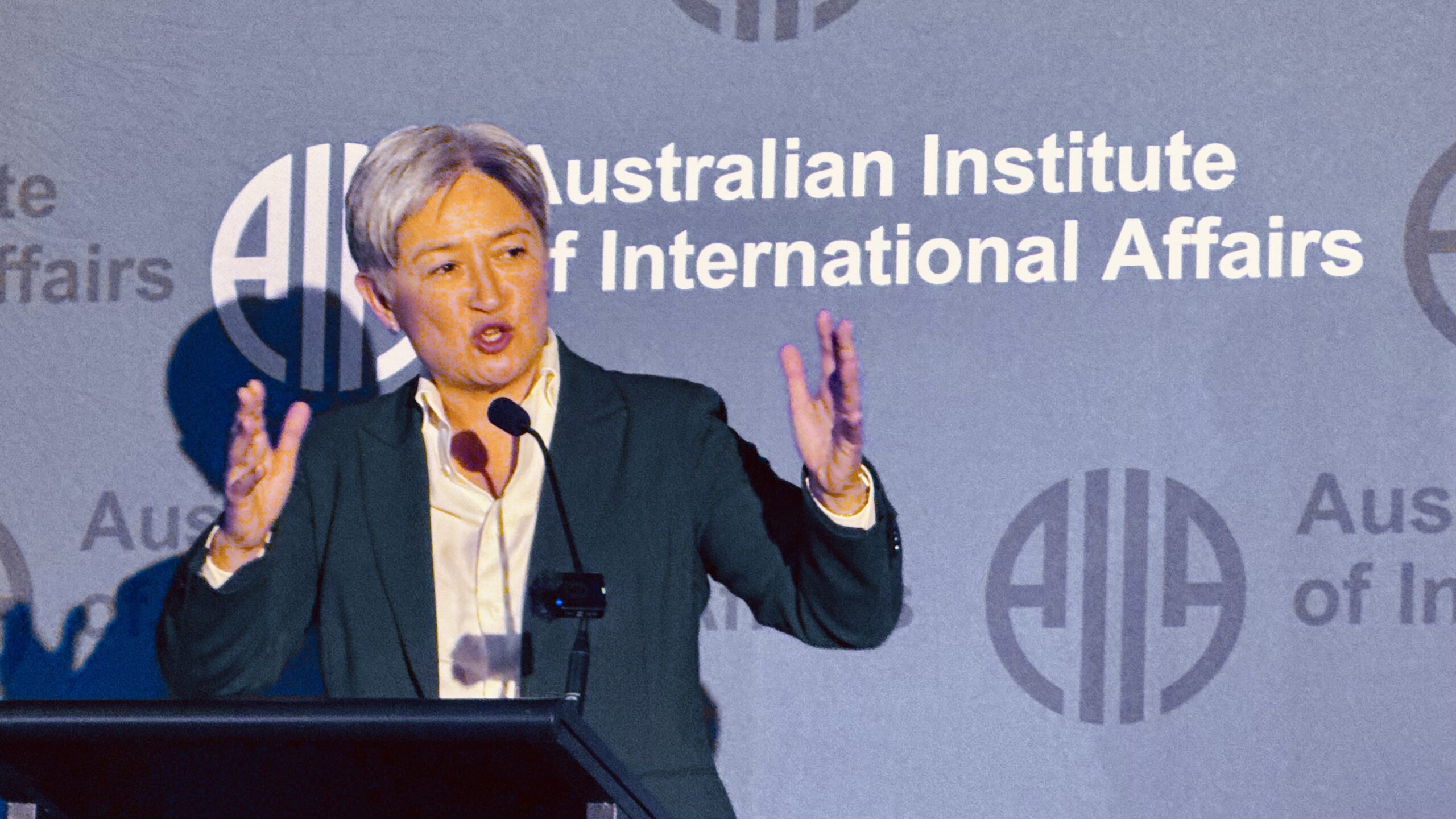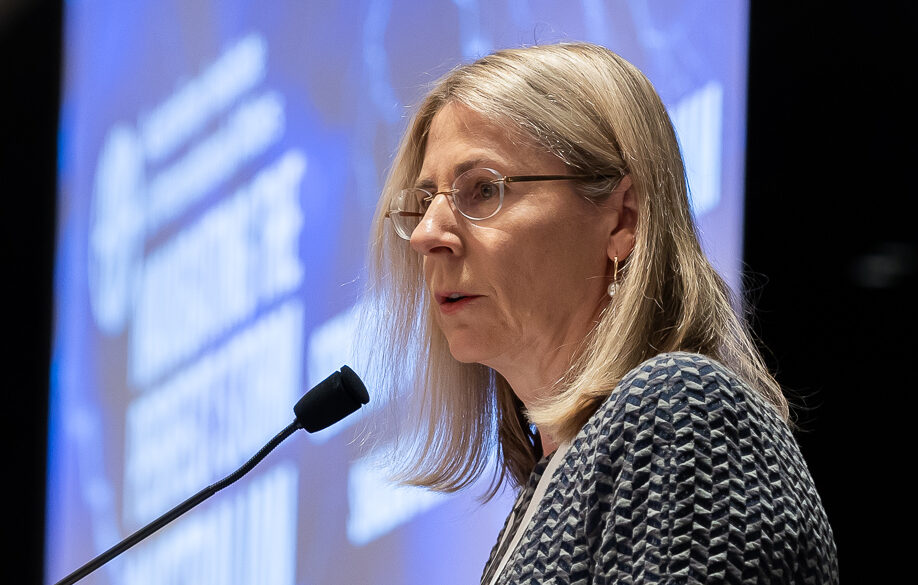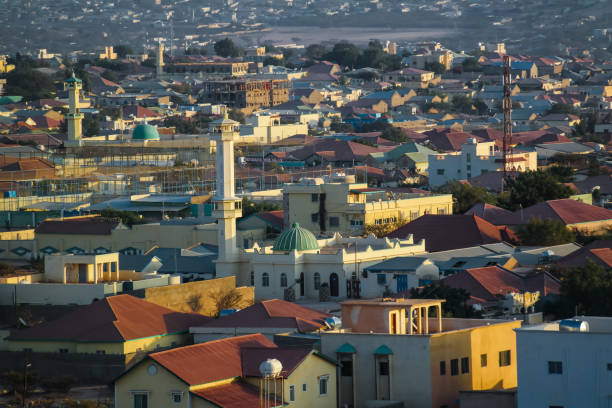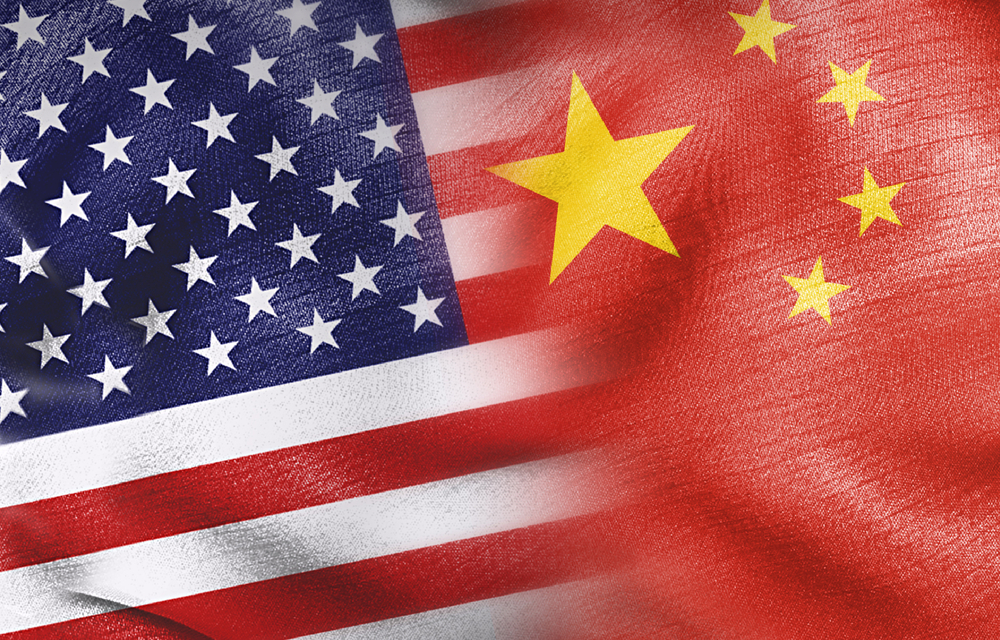The Australian Foreign Minister’s speech to the 2025 AIIA National Conference Gala Dinner outlined how Australia has strengthened major regional relationships through new treaties, upgraded partnerships and deeper engagement, positioning itself as an active architect of Indo-Pacific stability. It emphasises that in a permanently contested strategic environment, Australia must continue building common ground with its neighbours by listening, investing and working collectively to advance shared security and prosperity.
We can all see our world is becoming less certain and less stable. More people are displaced. More people are hungry. There is more conflict – in Sudan, Ukraine, Gaza and elsewhere.
Australia will always make our contribution, as part of multilateral efforts to protect civilians and uphold international law – because living in peace shouldn’t be contingent on where you were born.
Having said that, our overriding responsibility as a middle power of the Indo-Pacific is to support peace, stability and prosperity in this region.
The Indo-Pacific is where the world’s future is most being shaped.
It is where we have the most on the line.
It is where we can have the most effect.
From our first day in office, when the Prime Minister and I flew to Japan to meet with the Quad, from my first trip to the Pacific Islands Forum and the Prime Minister’s first bilateral visit to Indonesia, the region has been our focus.
After what some might call a mixed decade, we had a pretty big job to do.
We needed to reassure the region of our commitment – our intent.
In my first year as Foreign Minister, I travelled to every Pacific Islands Forum member and all the countries of ASEAN, other than Myanmar.
The Prime Minister has always said that we are not here to occupy the space.
That goes for our foreign policy. That goes for Australia in our region.
We don’t just live here.
We aren’t just residents.
We are architects.
And for the past three and a half years we have been building Australia’s future in our region.
We build understanding, from what Anthony Albanese called the foundation of a relationship of equals.
We build relationships. We build the inclusive infrastructure and economic opportunities to transform lives, foster stability and grow prosperity.
We build our shared regional capacity to defend and secure our sovereignty.
Every relationship Australia has in this region has been strengthened under our Government.
Every one.
And it pays to look at a map to picture the architecture I am about to describe.
Because we have agreed groundbreaking treaties with four countries, upgraded or enhanced partnerships with six and made progress on agreements with another four.
We have concluded negotiations on our new treaty with Indonesia.
We have the Pukpuk Treaty with Papua New Guinea, transforming our nearest neighbour to our newest ally.
We have the Nauru-Australia Treaty and the landmark Falepili Union with Tuvalu.
We have progress towards new agreements with Fiji, Tonga and Vanuatu.
We have stabilised relations with China, without compromising on our interests.
And we have upgraded our relationships with Japan, Vietnam, Philippines, Laos and Brunei, enhanced our relationship with Singapore and agreed to strengthen our arrangements with India.
None of this was thinkable in 2021.
Yet the Albanese Government has actively pursued landmark agreements that come together to safeguard the region that we want.
At every step, working in partnership with the region, and through ASEAN and the Pacific Islands Forum, which underpin our collective security and prosperity.
We know we are made stronger by what we do together.
Now, let me be clear. I said that we have advanced every relationship we have in our region.
But that doesn’t mean that our strategic environment is getting any easier.
The change in the regional landscape is permanent.
The disruption – the contest– is permanent.
China will continue trying to reshape the region according to its own interests.
Russia, Iran and North Korea will continue to sabotage and destabilise.
With so much activity and contest, things may not go Australia’s way every time.
But we will keep pressing our national interest in the contest every day.
We do that bilaterally, including with our upgraded ties around the region, but also through regionalism.
Regionalism is one of the most effective ways for smaller and medium countries to counter power asymmetries.
We see this every day in the power and weight that ASEAN and the PIF carry when they speak with one voice.
Both have the capacity to build norms and set expectations – for nations large and small.
This architecture of groundbreaking agreements secures Australia in our region.
And they are premised on Australia’s ability to meet nations where they are at, drawing on all elements of our national power.
You see this in South and Southeast Asia, where we know that there is a need for more investment, goods and services to boost economic development and support the transition to clean energy.
It’s in Australia’s economic and strategic interests to respond to these priorities.
And it offers the assurance that comes with knowing that their success is our success; to create the shared value that fosters peace and stability.
This is why we have supported $1.2 billion in new Australian investment through our Southeast Asia Economic Strategy to 2040.
And it is why we launched an A New Economic Roadmap for India, with a new Trade and Investment Accelerator Fund to help unlock new commercial opportunities, while continuing to negotiate an upgraded economic agreement.
Our new $2 billion Southeast Asia Infrastructure Financing Facility is kickstarting Australian investments, including to create immediate exposure for 15 Australian super funds and supporting key projects in renewable energy, telecommunications and infrastructure.
It is a sign of early success that one in four transactions supported by Export Finance Australia are now in Southeast Asia.
And beyond trade and investment, we are also drawing on the expertise of CSIRO, the Bureau of Meteorology and other Australian institutions to support energy system planning, resilient transport infrastructure and the clean energy transition in the region.
We are bringing together Timor-Leste, the Northern Territory Government and indigenous land holders to help Timor improve access to power in remote communities.
And in similar ways in the Pacific, we are listening, consulting and responding to Pacific priorities in the Pacific way – Australia is intent on being a good neighbour and one that deals with partners with respect.
I can’t emphasise enough how important this has been in the Pacific – where the previous government’s disregard of climate science and disrespect for the Pacific family is still raised with me today.
The Albanese Government has invested in rebuilding relationships and restoring trust among the Pacific family – so that we can again be a partner of choice.
Such as through the Cyber RAPID response program, which has helped restore critical services in the wake of massive cyber-attacks, or through DFAT and the ADF humanitarian operations responding to natural disasters.
Or the way we are addressing food insecurity, with ACIAR enabling Australia to share our ability to grow food in changing climates and take our leadership in agricultural innovation global.
Being a part of the solution on climate change is also central to our credibility in the Pacific – through our strong domestic commitments, rejoining the Green Climate Fund and investing in the Pacific Resilience Facility.
And the driver for Australia seeking to host COP with the Pacific family was always to bring the world’s attention to the impacts of climate change in our region and elevate Pacific voices for global action on climate.
All our Pacific engagement prioritises Pacific leadership.
That is how we have backed the Pacific Policing Initiative and established the Pacific Response Group, complementing other arrangements like Australia’s Status of Forces Agreement with Fiji and enhanced maritime security cooperation.
Australia is committed to remaining a reliable partner to the Pacific and our region, despite the global reduction in development assistance.
The full impact of dramatic aid reductions around the world is only just starting to be felt.
Australia is responding to this challenge by reprioritising our development investments to bolster support to our region.
We now dedicate 75 cents of every Australian development dollar to the Indo-Pacific.
We are prioritising targeted, high-impact investments that build resilience and back local solutions, making the region more secure and stable.
We also prioritise those in the most need – such as our role as a leading contributor to humanitarian crises and displaced Rohingyas in Myanmar and Bangladesh.
This week I will travel to India, one of our most consequential partners in building our collective security and prosperity. I am told this will be my 26th meeting with External Affairs Minister Jaishankar.
Australia has sought to redefine our relationships with our region. Listening, not imposing. Consulting, not controlling.
And through identifying shared challenges, designing solutions together, and using all of our arms of national power, we have found ways to build common ground.
Senator the Hon Penny Wong is the Australian Minister for Foreign Affairs. This is an excerpt of her speech to the 17 November 2025 AIIA Gala Dinner. Full versions of conference speeches, including the minister’s speech, are available here.





